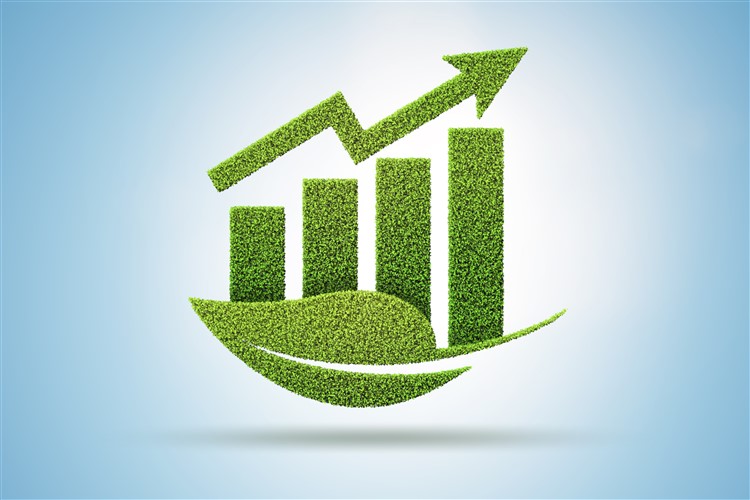Following the announcement of the European Green Deal (EGD) dated December 2019, which aims to ensure a green direction in people's life and industrial development, the Working Group that was formed on February 4, 2020 at the Deputy Minister level under the leading coordination of the Ministry of Commerce with the participation of the Presidency of Strategy and Budget, the Ministry of Environment and Urbanization, the Ministry of Foreign Affairs, the Ministry of Energy and Natural Resources, the Ministry of Treasury and Finance, the Ministry of Industry and Technology, the Ministry of Agriculture and Forestry and the Ministry of Transport and Infrastructure, held technical and sectoral meetings to draw up the Green Deal Action Plan 2021 (GDAP), and the relevant circular was published in the Official Gazette dated July 16. EGD aims to put an end to the climate crisis by considering the carbon-water-nitrogen balance on our planet, our lives and our livelihoods, and it particularly strives to achieve the green revolution in industry. With a new lifestyle, the EGD has the goal of ensuring unity within the European Union (EU), a fair transition, being sustainable and competitive. The new Industrial Strategy for a Globally Competitive, Green and Digital Europe, and the Circular Economy Action Plan for a Cleaner and More Competitive Europe are two important documents. These issues are prioritized in the action plans of the Independent Union of the European Lubricants Industry (UEIL) and the European Re-refining Industry Group of UEIL (GEIR).
The critical importance of waste management comes forward when the "Combating Climate Change" and "A Green and Circular Economy" titles among the GDAP actions are evaluated in coordination. In this context, it is important to reduce the effects of lubricants, which have completed their useful life, on the environment and the climate crisis by adopting the best waste management method. It should be kept in mind that waste lubricant is a valuable raw material for green and circular economy. We look forward to the sectoral success of Acıöz, Engin, Golteks, Koza and TAYRAŞ companies, which have environmental licenses on "Waste Oil Refining".
The United Nations Environment Program (UNEP) defines the green economy as "an economy that results in improved human well-being and reduced inequalities over the long term, while not exposing future generations to significant environmental risks and ecological scarcities". In other words, green economy is the economy that produces increased welfare while protecting our nature and fighting climate change. Resource efficient use of production inputs is essential for sustainable production. Because natural resources are rapidly depleted, and their value is increasing. UNEP defines resource efficiency as "the sustainable production, processing, consumption of natural resources and decreasing the environmental impacts of their production and consumption over the full life cycle”. In this way, new technologies are developed, green employment, green growth and profitability are achieved. The most important issue in resource efficiency is the on-site prevention and/or reduction of waste generation in production and the implementation of the best waste management method, and then, if any, bringing waste into the circular economy as within waste hierarchy. One of the driving forces of the green economy is to achieve progress in the circular economy by creating added value in the industry with minimum waste generation and recycling/upcycling the generated waste. Among the cornerstones of the green economy path is the achievement of waste management with current known-best practices. Within the green economy, which is based on ecological economy while advancing upon the principles of sustainable development, the null subject is the "Low Carbon Economy", and the decreasing consumption of carbon-containing resources is essential. Our industrialists are discussing the issues of the impacts of climate change, sustainability management, EGD Sustainable Products Initiative (SPI), Carbon Border Adjustment Mechanism and Emissions Trading System (ETS). The indisputable necessity of reducing greenhouse gas emissions is higher on the agenda. The 7th Istanbul Carbon E-Summit will take place on September 28, 2021 with the theme "Green Recovery for a Climate Resilient Turkey: The Role of Energy and Waste Management". At our summit, stakeholders will come together to discuss climate finance, our industry's fight against climate change, and best practices, and to reward the 2021 Low Carbon Heroes. We look forward to seeing you. You are welcome.













